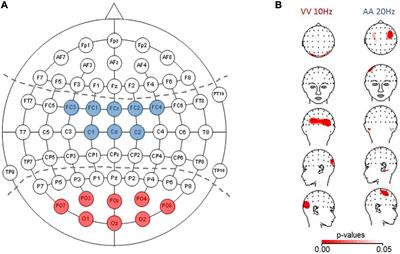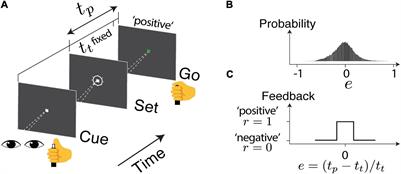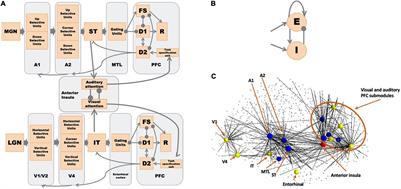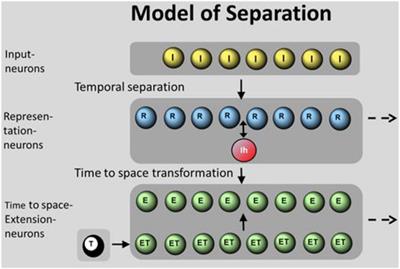EDITORIAL
Published on 27 Sep 2023
Editorial: Temporal structure of neural processes coupling sensory, motor and cognitive functions of the brain, volume II
doi 10.3389/fncom.2023.1291744
- 2,979 views
1,921
Total downloads
21k
Total views and downloads
EDITORIAL
Published on 27 Sep 2023
ORIGINAL RESEARCH
Published on 25 May 2023

ORIGINAL RESEARCH
Published on 05 Oct 2022

ORIGINAL RESEARCH
Published on 12 May 2022

ORIGINAL RESEARCH
Published on 29 Apr 2022
